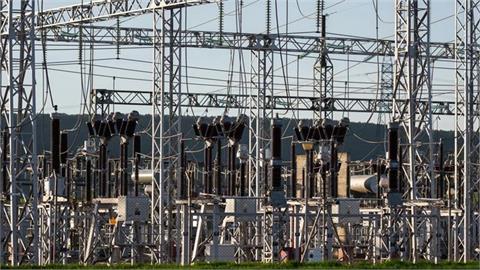Turkey needs to use domestic coal to decrease its natural gas imports, Harun Bilirgen, CEO of Turkish Energy Company Gentek said on Friday.
Bilirgen told Anadolu Agency that Turkey should increase its use of coal instead of natural gas for electricity production, adding that Turkey should also decrease its coal imports and focus on its local sources.
Proven coal reserves total 15 billion tons in Turkey, of which 13.5 billion are lignite and 1.5 billion are in hard coal, according to Mustafa Yilmaz, head of the Energy Market Regulatory Authority.
He reiterated Turkey's President Recep Tayyip Erdogan's aspiration, in his opening speech of Enerjisa's Tufanbeyli Lignite Power Plant in April, of reducing the amount of costlier coal imports from now on while further focusing on the use of domestic resources.
Turkey's vast coal reserves make up some 15 billion tons, and its local share in electricity generation is 13 percent.
"We need natural gas and use in households should be extended but its share in electricity production should be decreased gradually," Bilirgen said.
"I know that it's not possible to burn our lignite reserves in households due to their low calories. However, we can use efficient and eco-friendly technologies to turn them into electricity. It's very important for Turkey's benefit," he stressed.
Bilirgen explained that if the government and private sector intensify efforts to use environmentally-friendly technologies and methods to use coal effectively, there will no need for protests against the use of dirty coal.
According to the energy ministry, Turkey's relies on natural gas for around 45 percent of electricity generation, 25 percent on hydro plants and 12 percent each on domestic coal, lignite and on coal exports while the remainder is based on other resources.
Currently, Turkey uses around 37 percent of its current lignite and coal reserves.
(Anadolu Agency)



